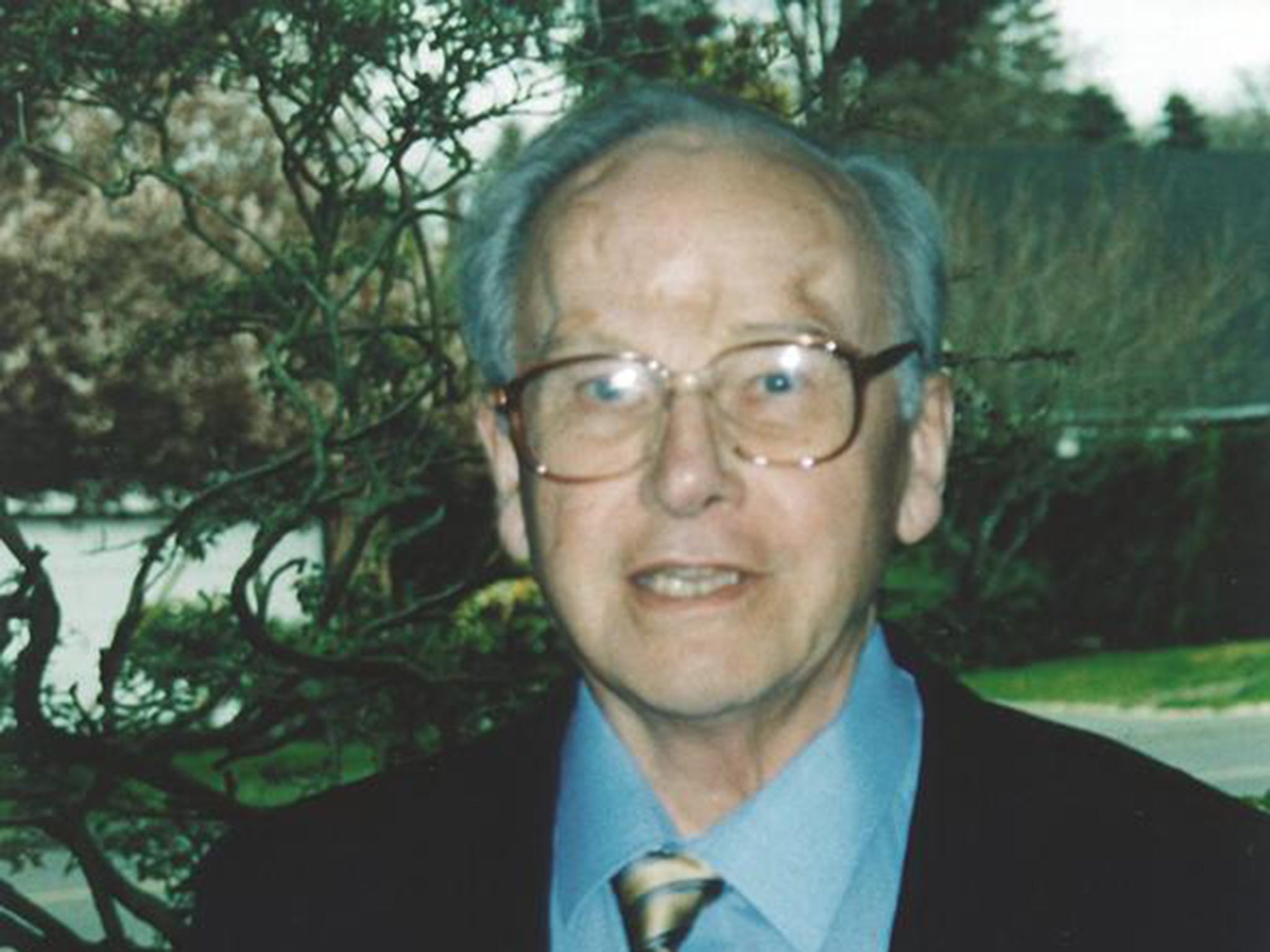Professor Anthony Birch: Political scientist and noted authority on the workings of government, democracy and Britain’s constitution

The political scientist Anthony Birch held chairs at the universities of Hull and Exeter and top positions in the professional bodies, the Political Studies Association (PSA) and International Political Science Association (IPSA). It was therefore unexpected when he moved to Canada in 1977 and remained there until his death.
His legacy was his writings. His Representative and Responsible Government (1964) was quickly recognised as a classic study of the ideas, institutions and practice of the British constitution. Fifty years on students still turn to it for its comprehensive yet succinct analysis of the concepts of representation and responsibility and how they have persisted over time.
He followed it with a best-selling textbook, The British System of Government (1967), which ran to 10 editions. His skill at unpicking the strengths and shortcomings in ideas was displayed in his last book, Concepts and Theories of Modern Democracy (1983). He was a fluent writer and his first draft was usually his last and always clearly written.
He was an only child, born in London in 1924. He attended The William Ellis grammar school, in Gospel Oak. At University College, Nottingham, he took a London external degree in economics and graduated with a First. Never healthy or robust, he did not serve in the war or do national service. He also suffered a near-fatal cycling accident which left him with a dent in his forehead and frequent headaches.
For two years after graduating he was an Assistant Principal at the Board of Trade while studying for a PhD at the LSE. In 1947 he became an assistant lecturer in the Economics Department at Manchester University. He was soon joined by W J M Mackenzie, a mentor, even a father-figure for him, and about to create an outstanding research-oriented Department of Government. Birch liked to recall an occasion in isolation in hospital with meningitis, when Mackenzie, in muddy boots following a 15-mile hike, marched in and handed him a rucksack packed with books.
In 1961 he was appointed the first Professor of Politics at Hull University. Like many professors, he was appointed largely because of his publications record. It was just assumed that he would be a good head of department. At Hull he could find the departmental meetings stressful, and when tension mounted would sometimes cover his mouth with a handkerchief or leave the room. A colleague attributed some of his absences to “hypochondriacal melancholia”.
In 1969 he began a three-year spell as dean of the social science faculty but, much to the annoyance of the university authorities, left after a year for Exeter, which he had earlier joked was “a country club masquerading as a university”.
But Birch had a sure touch when it came to recruitment. Like Mackenzie, he doubted that Cambridge historians would fit into his department. At Hull most of his young appointments went on to become professors in political science departments including two who became peers – Lord Smith of Clifton, also a vice-chancellor, and Lord Parekh. A lone scholar himself, he left his colleagues to get on with their work.
Birch’s thesis was the basis for his first book, in 1955, Federalism, Finance and Social Legislation, a wide-ranging study on what had been the preserve of economists. His Small-Town Politics (1959), a study of the political life of Glossop, was a pioneering study of community politics.
He was of one of a number of senior British academics, dissatisfied with the squeeze on salaries at a time of rampant inflation, who moved to north America. He was also moving to the right politically. Life at British Columbia enabled him to continue with his love of sailing, but the social life paled in comparison with England’s and he relied on his travel with IPSA to provide intellectual stimulation. In 1982 he tried to return to the UK when he failed to get the Politics chair at his alma mater, Nottingham. I might add that I was appointed, and that Birch had gambled in recruiting a very untried me to his staff some years earlier. He retired from Victoria in 1989.
He was a substantial figure in the development of his subject, as chair of the PSA (1972-75) and then vice-president of IPSA. It was his misfortune to be chair of the PSA when, at Oxford in 1975 the members, mainly younger and non-professorial, revolted and voted against the executive committee, including Birch. It was a classic peasants’ revolt and deeply hurtful for Birch. But he co-operated generously with the new regime. In later years he agreed that it had been time for change and a more energetic and professional leadership. In 2002 he received the PSA’s highest accolade, the Isaiah Berlin Prize.
While a Harkness Fellow at the universities of Harvard and Chicago (1951-52) he met Dorothy Overton, of New York; they married in 1953 and adopted Peter and Tanya. She was a strong support, not least during his bouts of illness, and a trusted critic to whom he dedicated a number of his books.
Anthony Birch, political scientist: born 17 February 1924; married Dorothy Overton (one adopted daughter, one adopted son); died British Columbia 13 December 2014.
Join our commenting forum
Join thought-provoking conversations, follow other Independent readers and see their replies
Comments
Bookmark popover
Removed from bookmarks